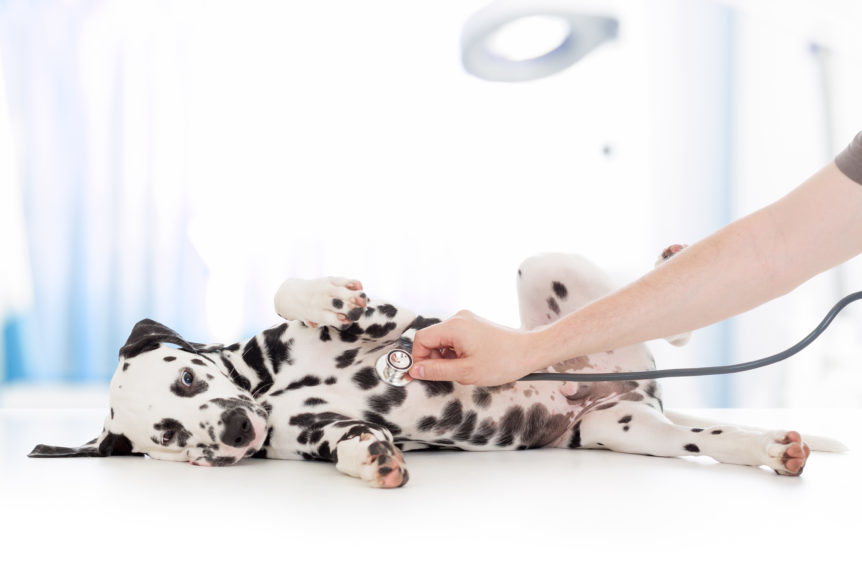Surgery is a standard method of treatment for animals both large and small, whether it be to remove cancerous tumors, repair broken bones, or diagnose and treat any number of disorders that are affecting a pets overall health and well-being. While surgical procedures should not create additional stress for your team, extra work must be done to protect patients from acquiring an infection during and after surgery.
Immune System
Just like their owners, pets rely on their immune system to fight sickness and disease. There are a number of factors that can prevent a pet’s immune system from being able to ward off bacteria, however, one of which being if the skin is broken. As the skin is the pet’s first defense against infection, surgery makes it incredibly easy for foreign invaders to enter into the pet’s body, causing their immune system to have to work harder to ward off bacteria. Not only does surgery cause a pet to be more susceptible to harmful pathogens, but it can increase their chance of acquiring an infection after surgery during the healing process. As an operation is an excellent way of improving a pet’s quality of life, what can be done to decrease the risk of infection?
Pre-Surgery
Your practice is specifically designed to provide animals with the treatment they need to handle a variety of medical issues. While some of these visits allow the pet to leave with their owner right away, many times additional treatment is needed. When a pet is required to spend extra time at your practice due to a respiratory infection or other illness, it increases the risk of other patients becoming ill as well. While it is common to clean equipment after each use, your team must ensure that it has been appropriately disinfected and stored in an area that will prevent further contamination and growth of bacteria! If a pet is exposed to infected materials or tools during surgery, not only does it make it even more difficult to determine what caused the pet to become ill, but it increases the chance of the animal experiencing complications after surgery.
Post- Surgery
Just as it is important to ensure that all tools, surfaces, and materials that a pet comes into contact with during surgery are free of harmful bacteria and viruses, it is just as crucial that a pet is not exposed to infected equipment or surfaces after surgery. As the pet’s body works to heal itself after the operation, it also must work to remove the anesthesia from their system. While many pets do not experience side effects from anesthesia, it is not uncommon. To ensure that your patients do not have to work even harder to ward off infection after their surgery, be sure to disinfect cages, food and water bowls, and any items that are regularly used throughout the practice. Preventing infection does not stop there, however, as it is crucial that pet owners understand the importance of keeping the wound clean and maintaining an environment that is free of harmful microorganisms. This can be done by educating pet owners and providing a bit of extra care and attention. For instance, our Ready-to-Use Wipes can be used to disinfect any items that a pet owner may use to keep the patient calm, such as toys, cages, mats, or personal food and water bowls. Harmful bacteria can affect your patients at any time, which is why we made it even easier to disinfect a variety of surfaces quickly and efficiently.
Rescue® Veterinary Disinfectants are designed to destroy harmful pathogens the first time, as they are formulated with Accelerated Hydrogen Peroxide®. We know how much equipment is needed to provide surgical procedures and monitor your patients after their operation, which is why we have crafted a disinfectant that will keep your practice doing it’s best work, providing care and attention for animals in need.

